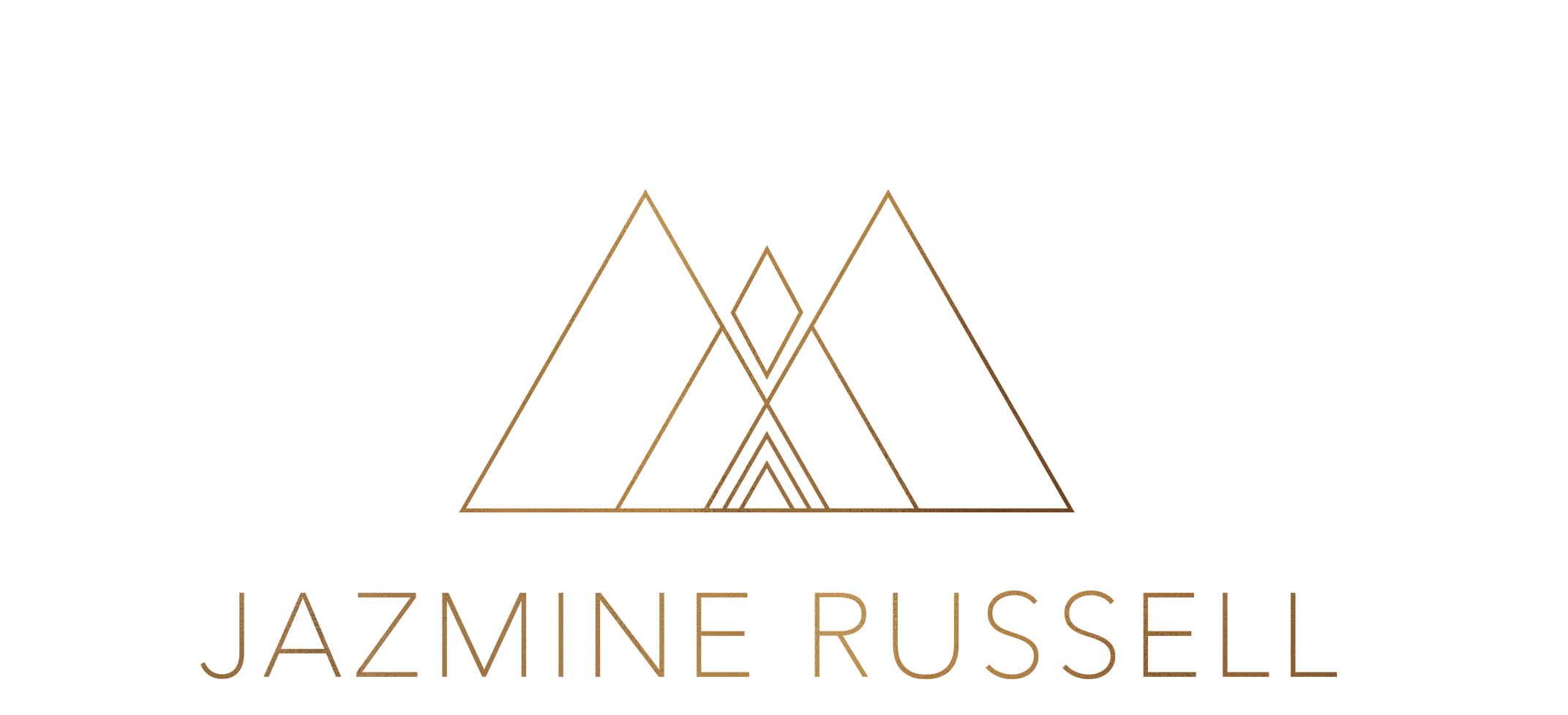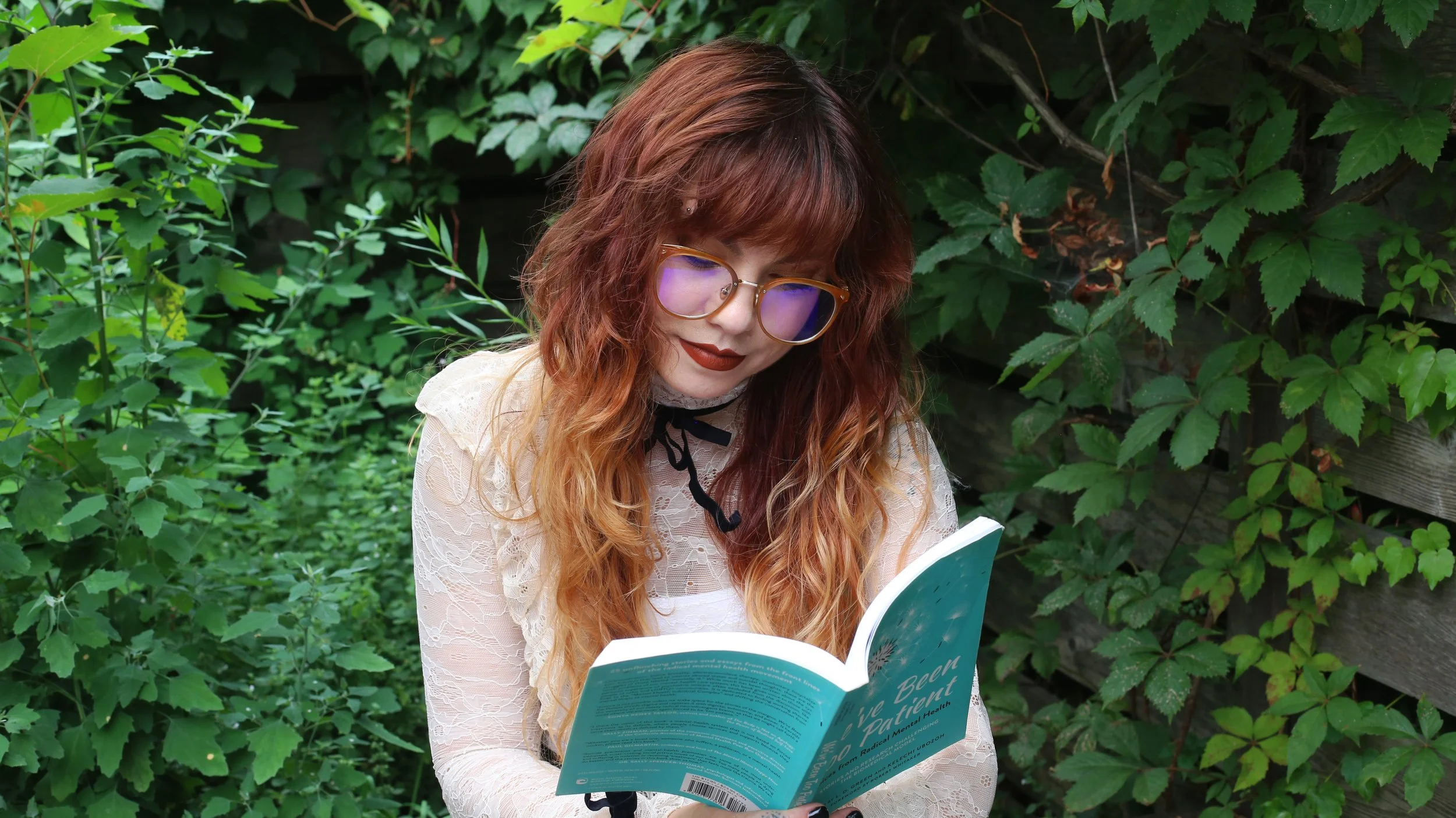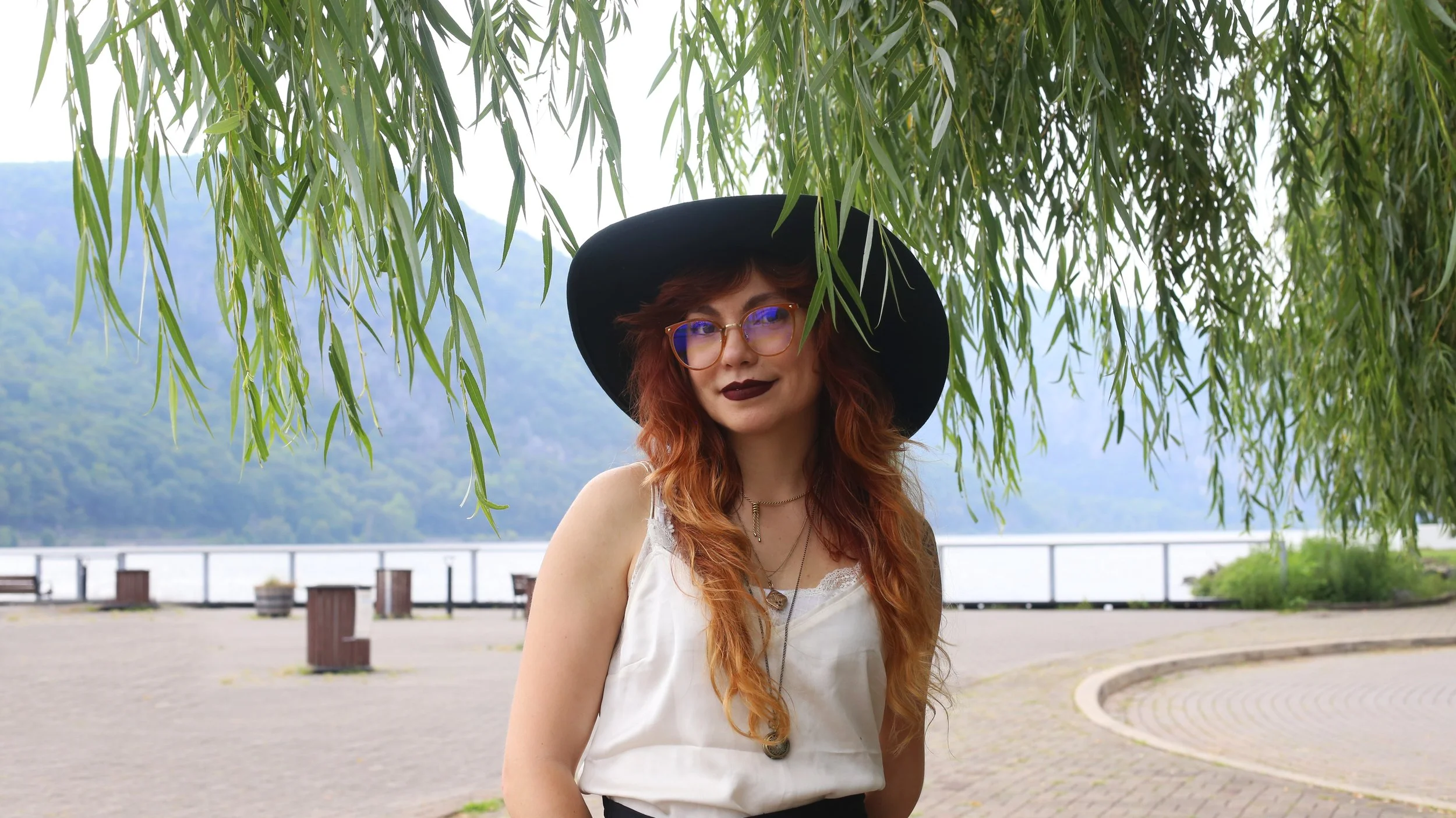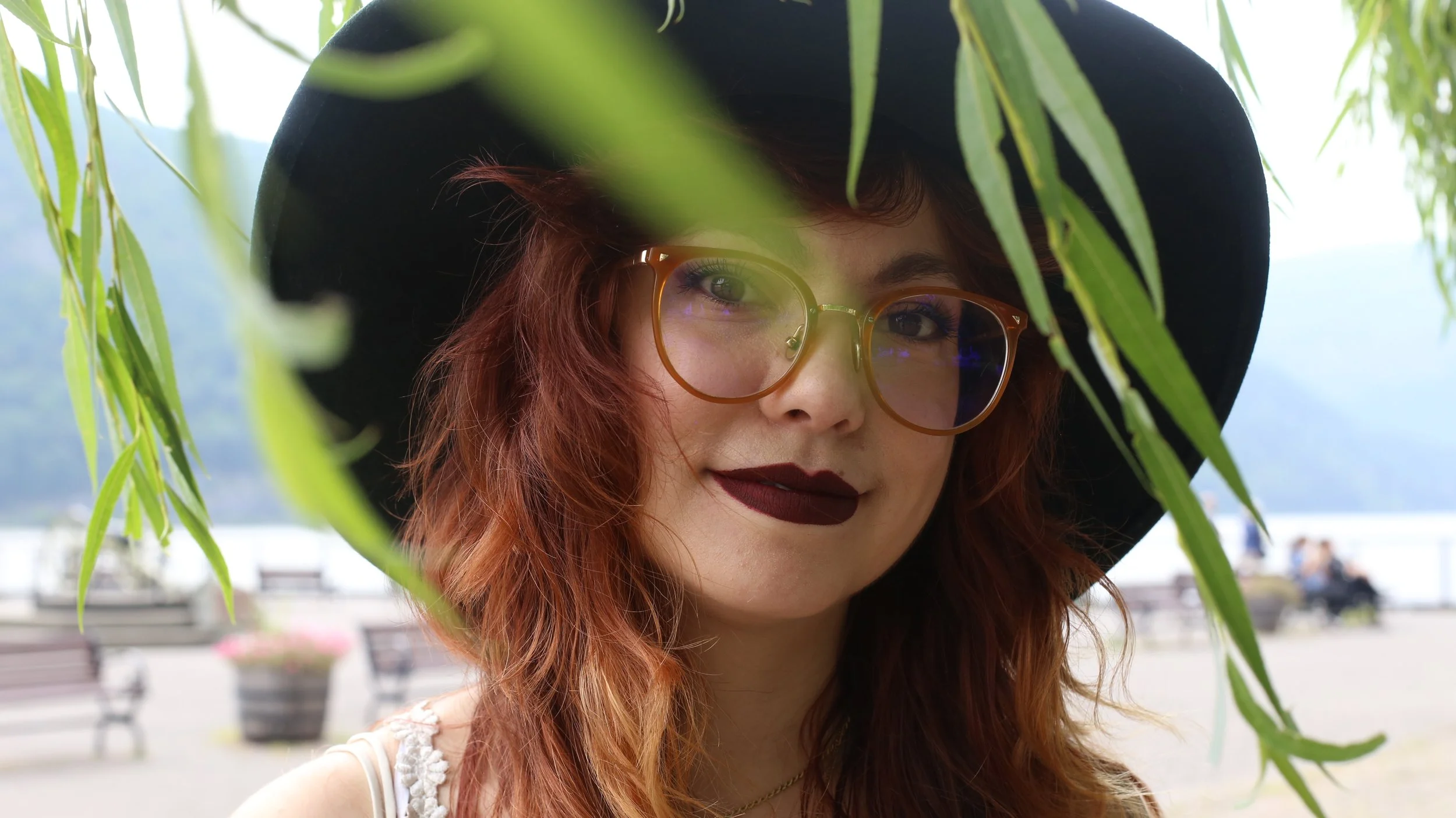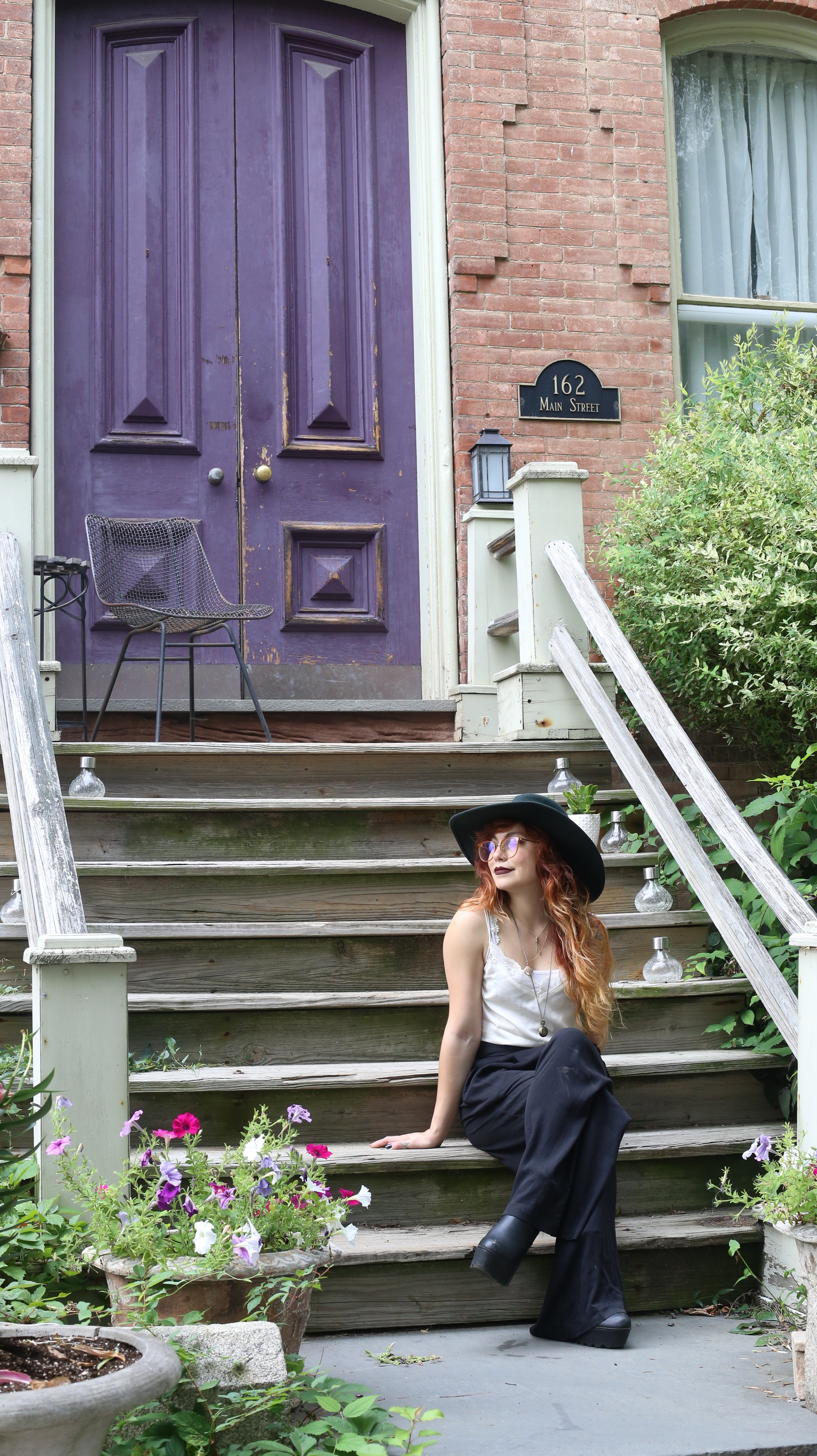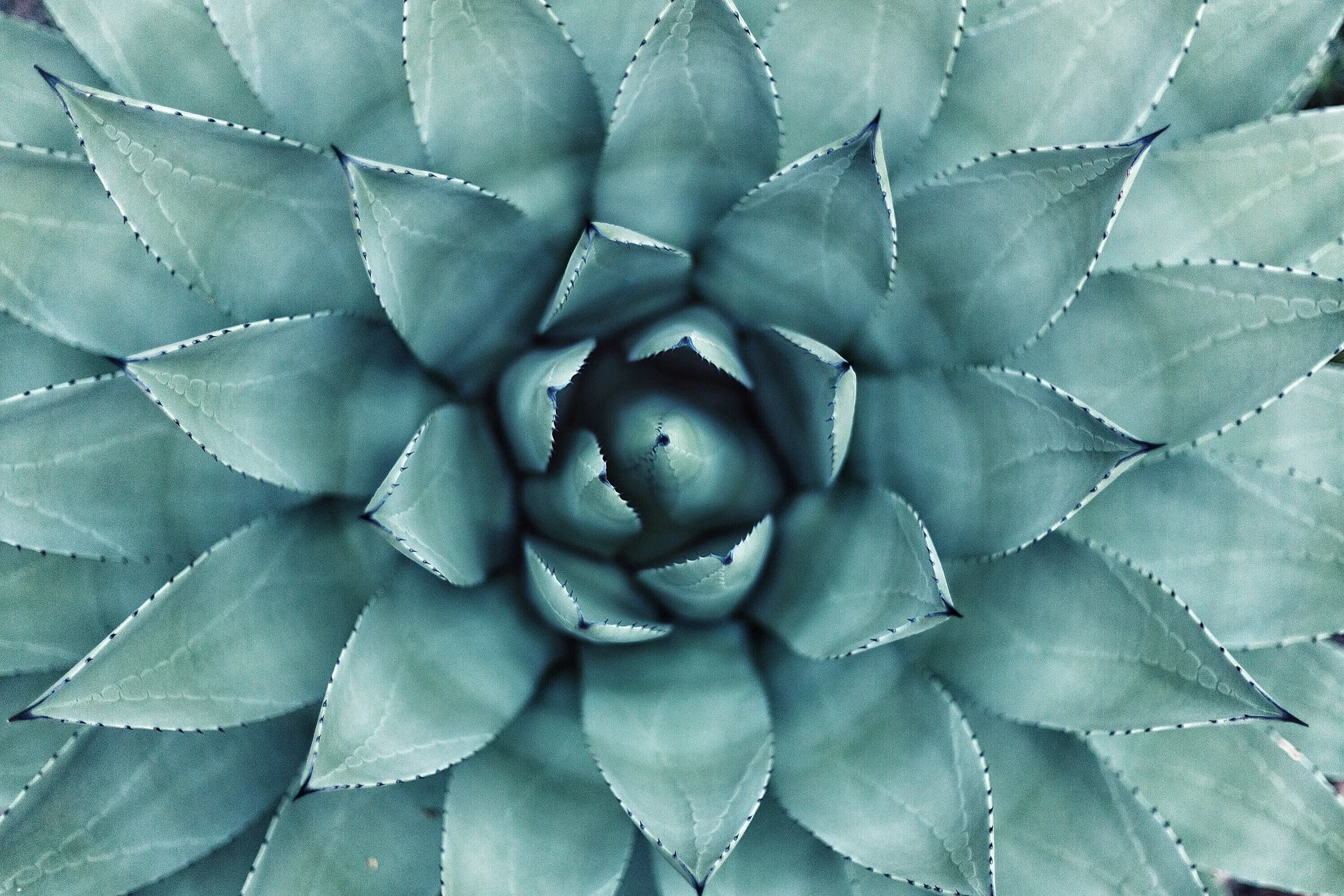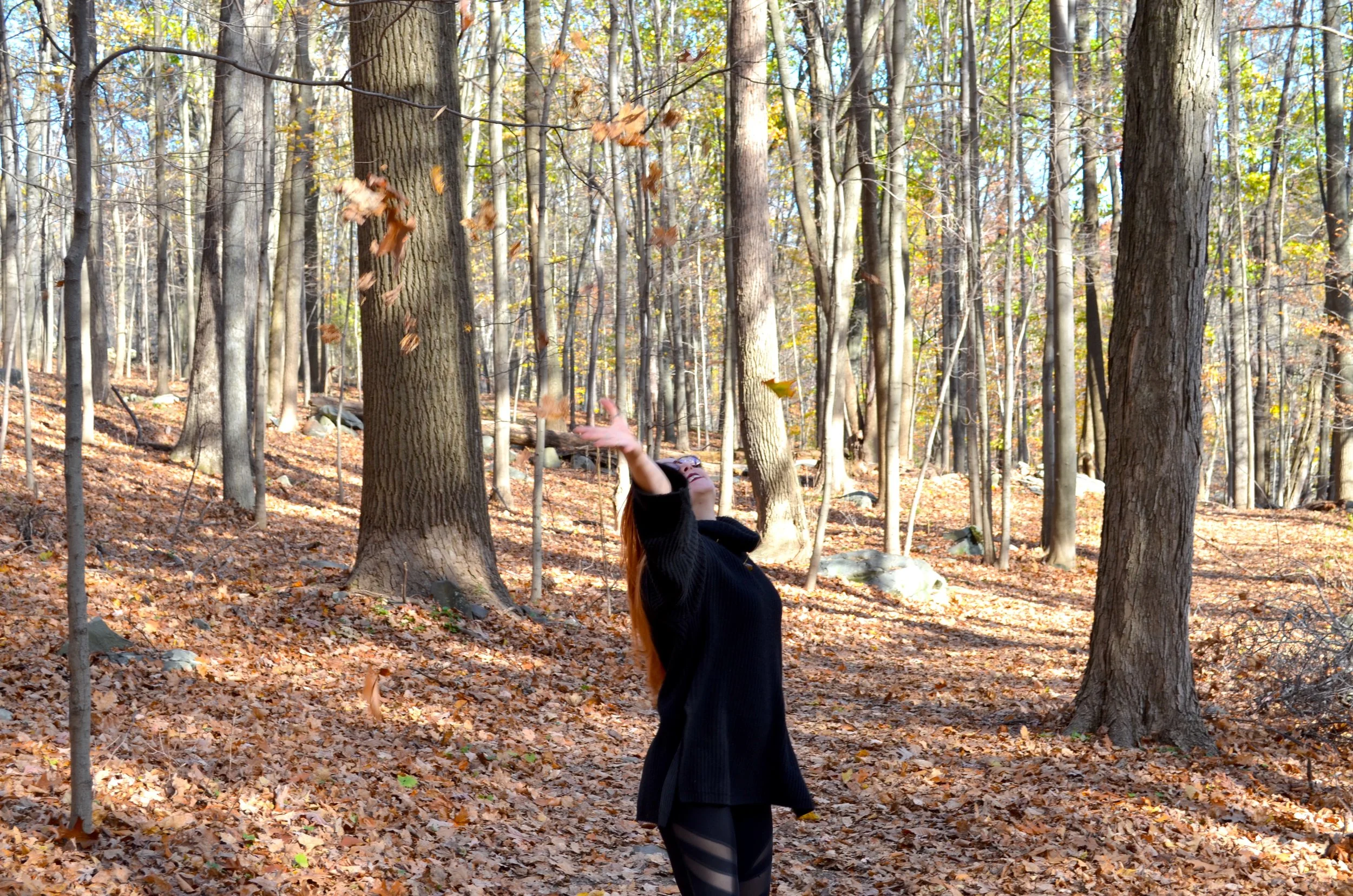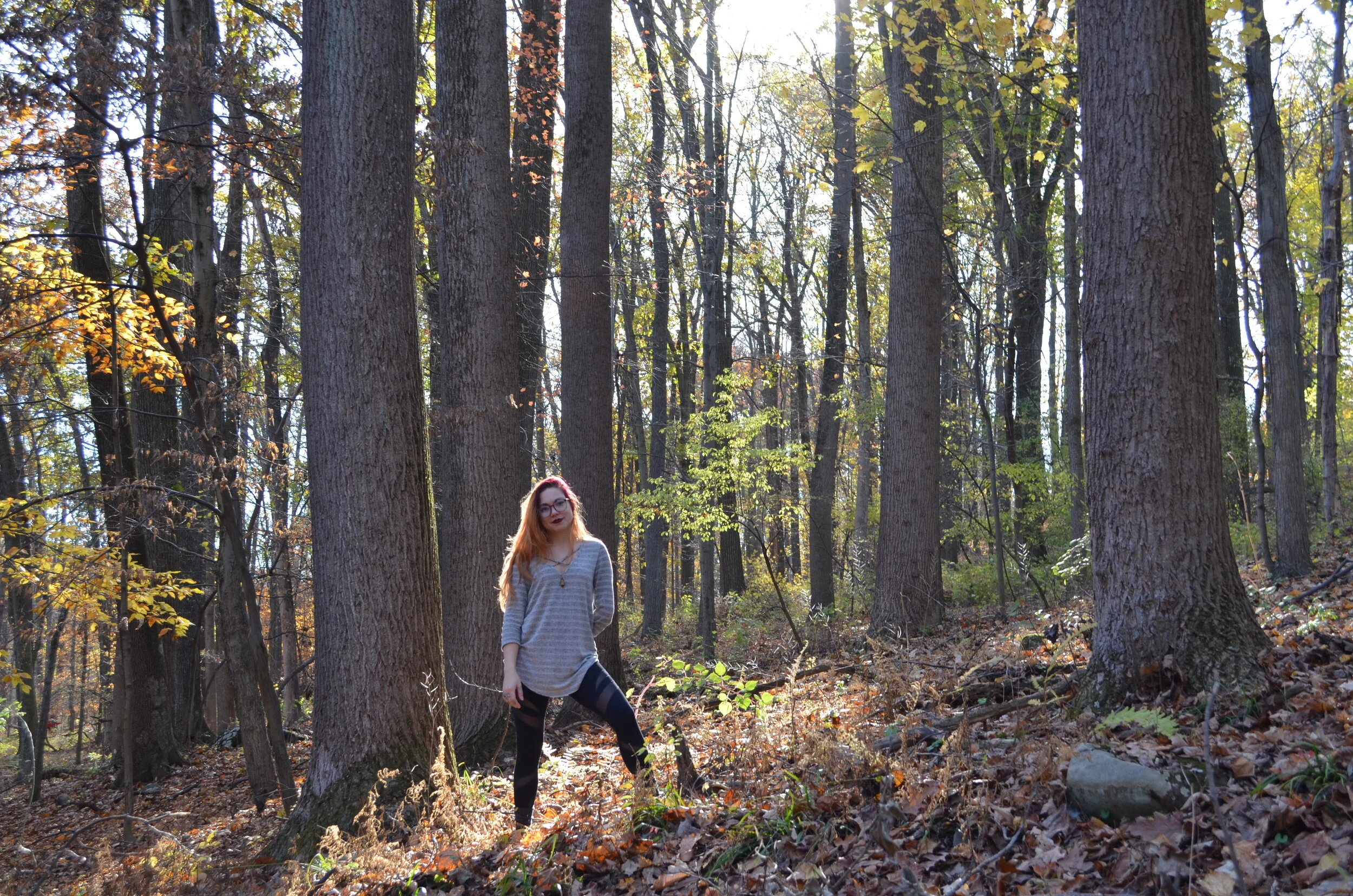Inner Child work is a practice of getting in touch with your subconscious feelings, beliefs, and wounding that may have been stuffed down since childhood. In inner child work, we have the opportunity to re-learn healthy attachment, develop deeper self-trust, notice and resolve “self-sabotaging” patterns, learn how to hold space for intense emotions and re-parent ourselves.
Read MoreAnger is one of the most misunderstood and repressed emotions. There are many ways we dishonour our anger culturally and societally, yet there is so much power and wisdom in our anger when we learn ways to express it without causing harm or violence. Here are a few mistakes I’ve made in the process of learning to honour my anger and what I do now to listen to it.
Read MoreHealing from childhood sexual abuse is far more complex than healing somatically. Often we must confront challenging family dynamics, betrayal, attachment wounds, abandonment, rage, grief, self-blame, guilt, and so much more. In this episode, I talk about the biggest lessons I've learned in healing from childhood trauma.
Read MoreHow do we know when to dive in and when to distract from uncomfortable emotions? I like to use a framework that emerged from my own healing process to answer these tough questions, especially when it comes to dealing with fear, anxiety, and overwhelm.
Read MoreIn this episode you'll hear my personal story of surviving a mental health crisis outside the system, having an intense spiritual awakening, and learning vital lessons about the root causes of mental health concerns.
Read MoreFor many social workers and counselors, working in the public mental health system is unsustainable and rife with ethical violations. Many of us feel complicit in a system that can often do more harm than good. At the same time, many of us want to make changes within the system and are stuck feeling lonely, isolated, and even “crazy” for desiring to do things differently.
Read MoreResearch showing that the chemical imbalance theory of mental health is a myth has just hit news cycles again, but this is not the first time this theory has been debunked. Many working in the field have known there is little evidence to support this theory, so why is it only recently the public has been informed? How did this myth originate and where do we go from here?
Read MoreThe field of Mental Health is in need of drastic change, but we need a vision to get us there. What would it look like in practice to build a system that truly transformed those it seeks to serve? What does mental health that is rooted in rights based, peer-centered, and holistic care look like?
Read MoreRecent research shows that the roots of mental health concerns are much more complex than we think. Despite this, many myths about mental health concerns persist, even in the face of mounting evidence against them. It's time to put aside what we thought we knew about the DSM, diagnoses, psychotropic medication, and the chemical imbalance theory and take a more holistic approach to mental health.
Read MoreA holistic lens is necessary now, at a time when we are less emotionally well than ever, and traditional systems are no longer working for us. If you’re asking: Am I crazy? Or is it my hormones, biology, society, a spiritual awakening, etc.? this is for you. Here’s what it means to take a holistic lens to our mental health…
Read MoreWe all feel emotionally stuck and stagnant sometimes. We may sense that there are currents of intense emotions waiting underneath the surface but not know what to do with it. Here are 5 techniques for emotional release.
Read MoreOne of the most common harmful misconceptions is that there are some mental health conditions that are too serious for people to recover from. People suffering from psychosis are much more likely to be survivors of violence, abuse, and trauma than perpetrators of it. However, psychosis, just like any kind of crisis, can be an opportunity for transformation.
Read MoreMany people that struggle with trauma and emotional pain also suffer from some chronic health issues, but never connect the dots. But the problem is, many people have no idea that they have an underlying physical illness and that it can affect their mental, emotional and overall wellbeing.
Read MoreWe all have inner critics, those little voices that enable us to get down to some of the roots of our shame and deepest insecurities. It might sound strange, but your inner critic is actually trying to help you - not destroy you. But how, you might ask? How do those hurtful questions help you?
Our inner critics are the doubtful, at times debilitating, thoughts or voices in our heads that love to judge and criticize. But you don’t need to still sit, you can own those voices and actually use them in your advantage.
Read MoreBecome a part of an amazing global community of folks interested in different ways of understanding and supporting mental health issues from a holistic, systemic, and lived experience lens.
With the discussions around gun violence in the US, we often hear a rallying cry for better mental health access and services. However, conflating violence with those deemed mentally ill is problematic enough (often those who are labeled are victims of violence, not perpetrators), not to mention our mental health system itself is utterly broken and unable to honor and provide what folks truly need. It's time we listen to those with lived experience and broaden our understanding of what mental health support can look like on a community level.
Read More[4 min read] The biggest thing we get wrong about dissociation is that it is pathology or an indication that there's something wrong with you or your mind. Through the years I spent healing trauma and working through dissociation, I've come to a deep appreciation for its existence.
Read More[4 min read] Ever since I can remember, I've been paralyzed getting up on a stage of any kind. The fear stemmed from a feeling that I didn't trust myself to show up fully. It was as if only 30% of who I am was active at any moment, and the other 70% was hiding in the shadows. That feeling left me restless to find the right spaces and opportunities to show up…
Read More[2 min read] We often see people with boundaries as strict, distant or selfish, but protecting your space doesn’t mean you’re selfish. It is a way of showing self love and appreciation to yourself. Many of us have negative associations with boundaries. Perhaps we've been hurt or felt rejected by others' "no"s. Perhaps we've seen time and time again that people have not responded well to our "no"s.
Read MoreMost of us are plagued with what I like to call: The Authority Wound: a wounded sense of personal power and authority developed from years of experiencing subtle or overt abuses of power. To a greater or lesser degree, most of us have a challenging relationship to authority. So what are the signs of the Authority Wound and how do we deal with it?
Read More[4 min read] Healing fatigue is real. If you've been in the weeds of trying to figure out how to feel better for so long that the search itself is exhausting - I'm with you. Apathy sets in, you get so sick of treating yourself like a problem, that you want nothing to do with your trauma or pain nor it’s remedy. Here’s how we can combat disempowerment and the ways we’ve been socialized to think about healing…
Read More